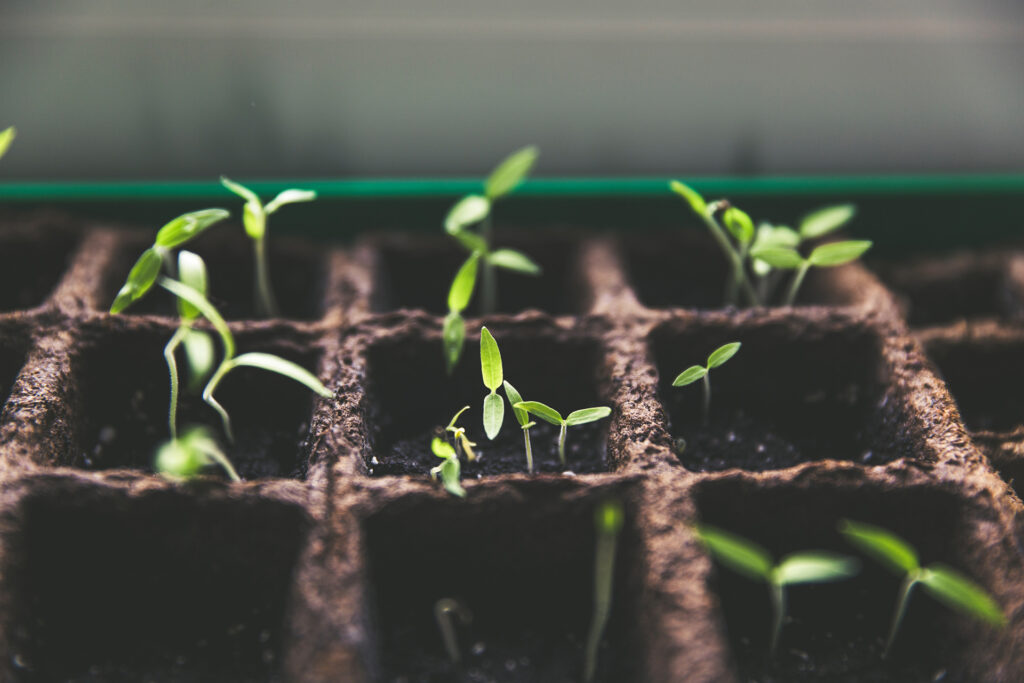Environment sustainability is a go-to mission for all now. Unless we mend ways to healthily co-exist with the environment, it’s going to be too late. This is why climate action in the UN’s Sustainable Development Goals (SDGs) has a lot of attention at present.
For those in farming, they can play a significant role in preserving the environment. They can adopt many new practices that fall in line to be harmonious with the natural ecosystem and biodiversity. Adoption of organic fertilizers is one of those measures that are rallied behind by millions of farmers across the world. They have become highly preferred and promoted alternatives to synthetic agents, even though they have a slightly higher cost. Moreover, many governments now offer subsidies for organic fertilizers. And there’s a reason why!
Synthetic Fertilizers and What’s Wrong
Chemical-based fertilizers and pesticides have many flaws in them. For one, they affect the microorganism in the soil; their prolonged use can kill the beneficial microbes in the soil. These synthetic agents also contaminate water and degrade the foods produced here. In addition, excess nitrogen in crop fertilization also results in the release of greenhouse gases. So, there are numerous disadvantages of synthetic fertilizers, which is why organic alternatives have become quite popular in recent times. And this is exactly why you should go the same route.
The Countless Benefits
Organic fertilizers, on the other hand, significantly improve the structure of the soil. In the long run, they ensure healthier soil and plants grown there. Plus, more obviously, since they are renewable, biodegradable and environment-friendly, they are preferred more.
In addition to the change in the kind of fertilizers you use, there are several other things you can do to preserve the environment and promote a sustainable ecosystem. For instance, agriculture makes of 70 percent of the world’s freshwater withdrawal. So, improved water consumption can make a significant impact. Having an effective management plan that promotes efficient and greater yields with less investment of resources is another step you can take to help the environment. Of course, that requires a thorough understanding of the what’s and how’s.
Every Little Step Matters
But, in the end, what’s important is that those people who are in farming, they can make a significant impact on the wellbeing of the environment. It all starts with a will. Remember, small steps count. Every little thing you do – that’s helping the natural ecosystem in a big way.

